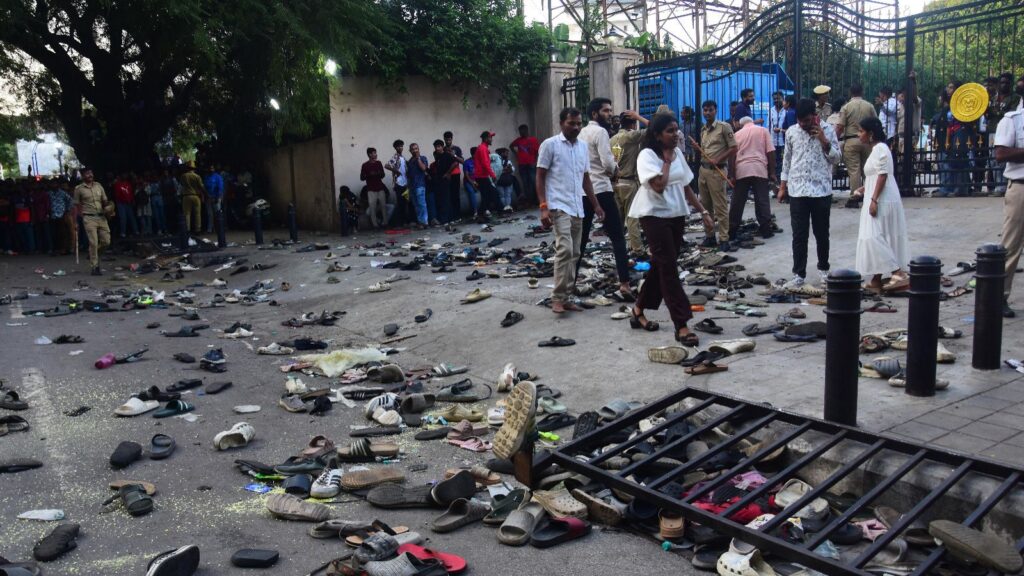Royal Challengers Bengaluru (RCB) Monday announced it would establish a memorial in the city to honour the 11 fans, who lost their lives in the stampede at M Chinnaswamy Stadium on June 4, to celebrate their “names, stories, and spirit”.
The memorial for the deceased fans, who were part of the jubilations after RCB’s maiden IPL title win, is being rolled out under the team’s broader RCB Cares programme. This initiative is designed to provide ongoing support, including medical and financial assistance, to those who were affected but survived the Bengaluru cricket stadium stampede.
RCB, which had faced criticism for remaining silent in the aftermath of the tragedy, also announced a compensation of Rs 25 lakh for each victim’s family.
The exact location of the memorial is yet to be disclosed. According to the franchise, it will serve as a lasting tribute to the fans’ loyalty.
Over the coming months, with necessary approvals in place, the initiative will focus on multiple areas. These include providing fast, transparent, and human support to fans and families affected; building safe and inclusive environments by collaborating with stadium authorities, sporting bodies, and league partners to develop stronger crowd management protocols; and empowering communities through social development programs, starting with the Siddhi community in rural Karnataka.
The plan also emphasises investing in independent research on crowd safety, creating a fan-safety audit framework, and training on-ground partners annually in crowd management and emergency response.
Meanwhile, the Karnataka Government has blamed the organisers, including RCB, the event management firm DNA Entertainment Networks, and the Karnataka State Cricket Association (KSCA), for the Bengaluru stampede that resulted in 11 deaths and over 50 injuries.
Story continues below this ad
According to the one-man judicial commission report by retired Karnataka High Court judge Justice Michael D’Cunha, the organisers are primarily responsible for violating standard operating procedures (SOPs) for public events, including those outlined in the Karnataka Police Act and licensing requirements.
The report, which was accepted by the Karnataka Cabinet, also criticises police lapses but absolves the government of direct involvement, noting reactive measures were taken due to the surprise scale.

